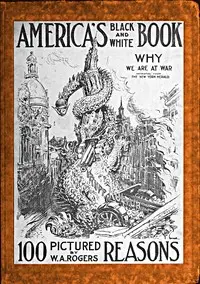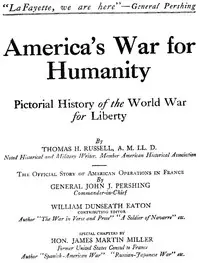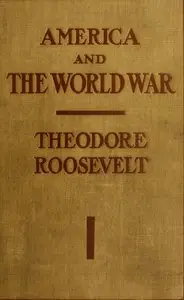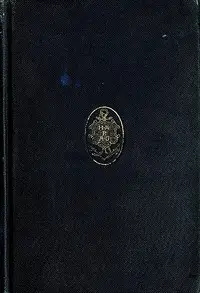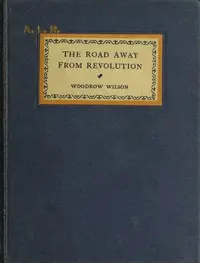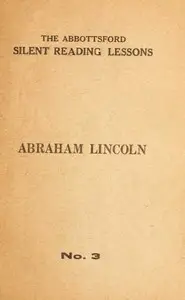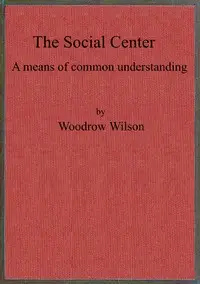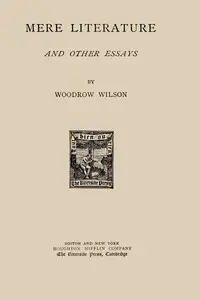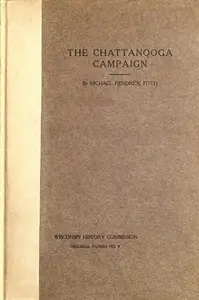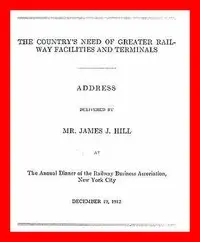"Why we are at war: messages to the Congress, January to April 1917" by Woodrow Wilson is a record of the U.S. President's speeches that explain why America decided to join World War I during an important part of history. The book puts together Wilson's messages to Congress, where he talks about why it was important to fight Germany, focusing on the need for democracy, human rights, and working together to keep peace. Wilson shares his strong worries about Germany's submarine attacks that threatened American lives and trade, which made him ask for a war declaration. He points out that the U.S. needed to join the war to protect not only its own interests but also to stand up for democracy, fairness, and human rights around the world. Wilson asks for everyone to work together and stresses how important it is to plan for peace after the war, with the U.S. helping to make sure that future problems are solved by working together instead of fighting. The book shows Wilson's idea of a peaceful world and highlights the U.S.'s responsibility to protect these beliefs when faced with threats.

Why we are at war : $b messages to the Congress, January to April 1917
By Woodrow Wilson
Faced with attacks on American lives and ideals, a president rallies a nation to war, promising a future world built on democracy and lasting peace.
Genres
Released
2004-11-01
Formats
epub (images)
epub
mobi (images)
epub3 (images)
mobi
txt
Free Download
Summary
About the AuthorThomas Woodrow Wilson was the 28th president of the United States, serving from 1913 to 1921. He was the only Democrat to serve as president during the Progressive Era when Republicans dominated the presidency and legislative branches. As president, Wilson changed the nation's economic policies and led the United States into World War I. He was the leading architect of the League of Nations, and his stance on foreign policy came to be known as Wilsonianism.
Thomas Woodrow Wilson was the 28th president of the United States, serving from 1913 to 1921. He was the only Democrat to serve as president during the Progressive Era when Republicans dominated the presidency and legislative branches. As president, Wilson changed the nation's economic policies and led the United States into World War I. He was the leading architect of the League of Nations, and his stance on foreign policy came to be known as Wilsonianism.
Total Reviews
10.0k
Total reviews from Goodreads may change

